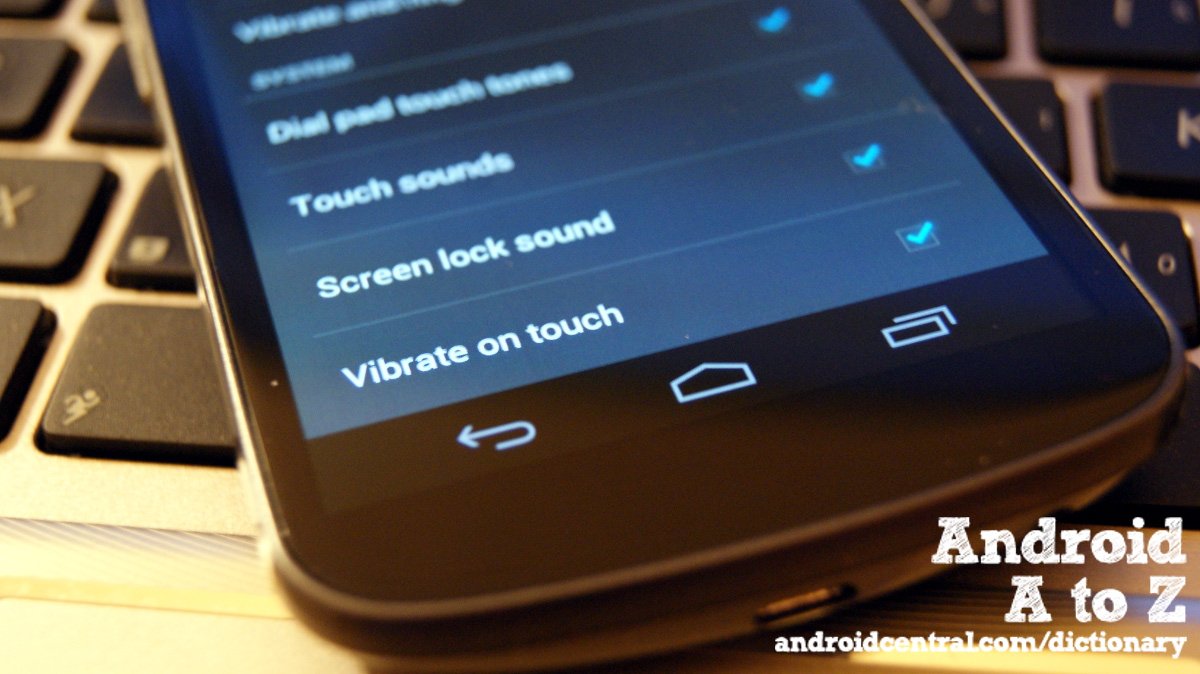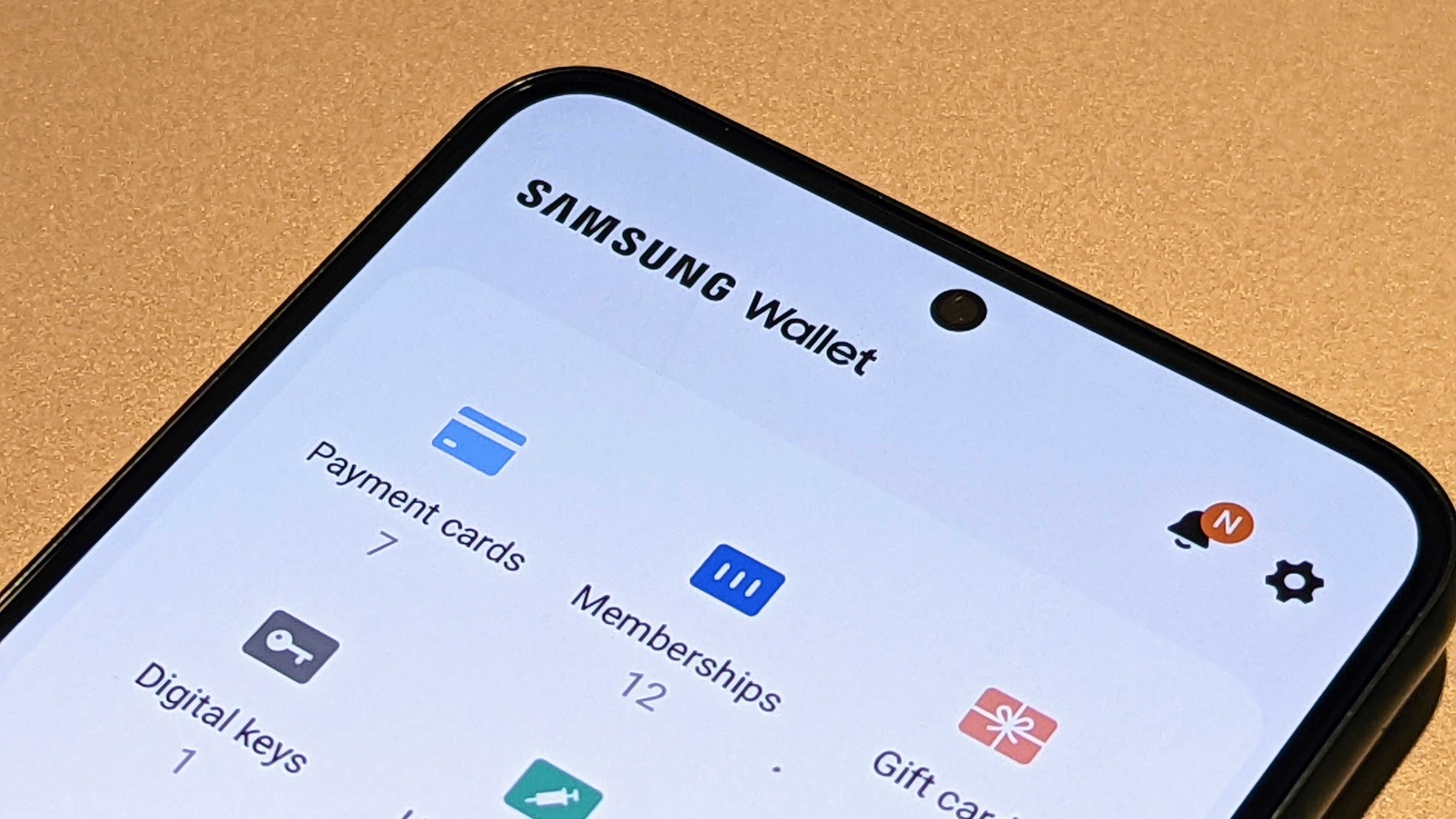Android A to Z: Haptic feedback

We're back with another installment of Android A to Z, and this time we're looking at haptic feedback. It's one of those little things that can make a big difference, and something we never really think about. Simply put, haptic feedback (commonly referred to as haptics) is the use of touch feedback to the end user. You know how your Android phone vibrates a tiny bit when you tap one of the navigation buttons? That's haptics at work.
Since the screen on your Android phone or tablet is pretty much just a smooth sheet of glass of some sort or another, it's difficult to register any sort of tactile feedback to our fingers. When we type on a computer keyboard, we know when our fingers have pressed a key down. Our mouse (and some trackpads) do the same thing with a healthy click when we press the button. On a smartphone, we just have to trust we've done something, and wait for it to happen. Haptics helps here. The short and light vibration when typing out a message with an on-screen keyboard can make a big difference for many of us, and I can see myself being pretty frustrated if an on-screen button didn't let me know I had pressed it.
Haptics go beyond navigation and the keyboard though. They can be a very important part of mobile gaming. Gunning your way through an enemy horde is much more satisfying when you feel every shot from your rifle, and nothing lets you know you've hit the wall in your favorite racing game like a harsh vibration from your phone or tablet.
Probably the best thing about haptic feedback on Android devices is the way it can be customized. The OS itself is open, meaning OEM and developers can adjust things to get them just the way they like, including leaving the settings wide open to the user like we see in CyanogenMod ROMs. More importantly, application developers have access to the hardware controller to customize haptic feedback for their products. It goes one step further with the addition of things like the Immersion haptic SDK to the mix, where developers have an almost unlimited way to make their applications register with your fingers as well as your eyes and ears. Sometimes, the little things mean a lot.
Check out the complete Android Dictionary
More from the Android Dictionary
[block:views:article_lister_bespoke-block_13]
Be an expert in 5 minutes
Get the latest news from Android Central, your trusted companion in the world of Android

Jerry is an amateur woodworker and struggling shade tree mechanic. There's nothing he can't take apart, but many things he can't reassemble. You'll find him writing and speaking his loud opinion on Android Central and occasionally on Threads.
